AI in Education: Ethical Implications and Transformative Potential
Hello there! We’re in the thick of a digital revolution, aren’t we? But as we glide through this age of rapid-fire advancements, it’s essential for us to take a breather, and ponder over the ethical dynamics at play. Particularly, let’s focus on an exciting yet contentious field – the use of Artificial Intelligence (AI) in education.
Unlocking the Potential of AI in Education
AI has the potential to completely revolutionize the field of education, transforming the ways we teach and learn. Let’s take a closer look, shall we?
Personalized Learning: Making Education a Custom-fit
We all know that one-size-fits-all doesn’t work in education, right? That’s where AI comes in. It can analyze a student’s learning style, strengths, and weaknesses, and then tailor the educational content accordingly. Whether it’s offering extra support for complex topics or challenging the student with advanced tasks, AI can make learning a custom-fit. Now, isn’t that cool?
Automated Administration: Reducing the Red Tape
How much time do you think teachers spend on administrative tasks? Too much, if you ask us. But guess what? AI can automate a lot of these time-consuming tasks. From grading assignments to tracking student attendance, AI can take over, giving teachers more time to do what they love—teach!
Global Classrooms: Education without Borders
With AI, physical distance is no longer a barrier to education. Imagine a student in a remote village accessing high-quality education from the best universities worldwide, all thanks to AI-powered platforms. We’re talking about an educational revolution that transcends geographical borders!
Real-time Feedback: Nurturing Growth
Feedback is crucial for learning, isn’t it? AI can provide real-time feedback to students, helping them understand where they stand and how they can improve. Moreover, it can also offer valuable insights to teachers, helping them understand their students better.
Predictive Analytics: Shaping the Future
And last but not least, AI can predict future learning outcomes based on current data. This can guide educational policies and practices, helping us shape a better future for education.
The potential of AI in education is immense. It’s like a treasure trove waiting to be unlocked. As we navigate through the ethical implications, it’s vital to remember the magic that AI can bring to the world of education. After all, it’s all about creating a better learning experience for everyone, right?

Democratizing Education or Widening the Gap?
The impact of AI in education can be a double-edged sword. It has the potential to democratize education, but if not implemented thoughtfully, it might end up exacerbating existing inequalities. Let’s unpack this a bit, shall we?
The Promise of Universal Access
Think about it – the transformative power of AI in making quality education accessible to all. Irrespective of where they live or their economic status, every student can potentially tap into the same wealth of knowledge. It’s a promising picture, right? The barriers of geography, language, and resources could crumble in the face of AI-powered education, ushering in an era of universal access.
Customization: A Level Playing Field
And let’s not forget the leveling power of personalized education. Different learners have different needs. Some might grasp concepts faster, while others may need a bit more time. The beauty of AI is that it can tailor the learning experience to meet the unique needs of each learner, thereby leveling the playing field.
But Wait… The Digital Divide
However, there’s a flip side to this coin – the digital divide. Not everyone has access to the technology necessary for AI-driven education. Lack of access to devices, unreliable internet connections, or simply the lack of digital literacy can keep large sections of the population from benefiting from AI in education. If not addressed, this digital divide might further widen the educational gap.
Socio-Economic Disparities
Moreover, socio-economic disparities might add another layer of complexity to this issue. AI-driven resources might be more readily available and accessible to the privileged sections of the society, thereby unintentionally exacerbating existing inequalities.
Striking a Balance
So, what do we do? The key lies in striking a balance. While we harness the potential of AI to democratize education, it’s equally vital to ensure we’re not inadvertently widening the educational gap. Policymakers, educators, and tech companies need to work in tandem to bridge the digital divide and ensure equitable access to AI in education.
Because at the end of the day, the goal of education is to enlighten, empower, and equalize, right? Let’s ensure that the march of AI in education keeps step with this fundamental ethos.
Privacy Matters
As we ride the wave of AI in education, we must also navigate the potentially choppy waters of privacy concerns. So, let’s discuss how we might do this, shall we?
The Data Conundrum
AI is a data-driven technology. It feeds on information, lots of it. From analyzing learning patterns to personalizing educational content, AI relies on vast amounts of data. However, this brings us to the burning question – How much data is too much? Balancing the benefits of data-driven AI with the respect for individual privacy is a delicate tightrope walk.
The Risk of Data Misuse
Here’s the thing – when it comes to data, there’s always a risk of misuse. This could range from unauthorized access to personal information, to data breaches, or even the use of data for purposes other than those intended. Sounds scary, doesn’t it? Well, that’s why we need robust data security measures in place.
The Need for Transparency
Transparency is another crucial aspect of privacy. Students and their parents have the right to know what data is being collected, how it’s being used, and who has access to it. By being transparent about these processes, we can build trust in AI systems.
Privacy Regulations: The Guiding Light
Let’s not forget the role of regulations. Strict privacy laws are crucial to protect individuals from potential data exploitation. Governments, schools, and tech companies need to collaborate to develop robust legal frameworks around data privacy in AI-driven education.
Education About Privacy
Last but not least, we need to educate users about privacy. Students, parents, and educators need to be aware of their digital rights and how to protect their personal information. After all, informed users are the first line of defense in data privacy, right?
Remember, while AI holds the potential to revolutionize education, it’s critical that we don’t compromise on privacy. After all, in this brave new world of AI-driven education, respecting privacy isn’t just an obligation, it’s the right thing to do.
The Risk of Bias
When it comes to AI, there’s a pesky little problem that often rears its head – bias. Yes, even in the world of ones and zeroes, bias can find a way in. Let’s dive into this issue, shall we?
How Does Bias Creep into AI?
AI is only as good as the data it’s fed. If the data used to train an AI system reflects societal biases, the AI might unwittingly learn these biases. Sounds strange, right? But consider this – if an AI system is trained on data predominantly from privileged students, it might not effectively cater to those from different backgrounds.
Unintended Consequences of Bias
What happens when an AI system in education is biased? It can lead to an uneven playing field. For instance, it might favor certain groups of students while putting others at a disadvantage. Now, that doesn’t sound fair, does it?
Detecting and Mitigating Bias
The good news is that bias in AI is not a foregone conclusion. It’s something we can actively work to prevent. Rigorous testing and validation can help detect biases in AI systems. Further, using diverse datasets for training AI can ensure that the system doesn’t favor one group over another.
The Human Touch
While we strive to make AI as unbiased as possible, we must remember the importance of the human touch. Teachers play a crucial role in mitigating the risk of AI bias. They bring empathy and understanding to the table, qualities that AI is yet to master.
Ongoing Monitoring and Improvement
Addressing bias in AI is not a one-time task. It requires ongoing monitoring and improvement. By being vigilant and committed to equity, we can ensure that AI serves all students fairly.
Let’s face it – AI in education holds tremendous promise, but we must be mindful of potential pitfalls like bias. By actively addressing these concerns, we can harness the power of AI to create a fair, inclusive, and equitable educational landscape. After all, education should be a tool of empowerment, not a source of discrimination, right?

Frequently Asked Questions About AI in Education: Ethical Implications

Final Thoughts on AI in Education: Ethical Implications
In the end, the integration of AI in education presents a world of opportunities. But as we embrace this wave of change, we must remain vigilant of the ethical implications, and strive to build an AI-driven educational system that is fair, equitable, and inclusive.
For more AI Ethics, check out our article: “AI-Generated Content: Plagiarism or Innovation?”
If you want to see how AI is changing children’s literature, check out: “AI in Children’s Literature: The Game-Changer in Storytelling.”
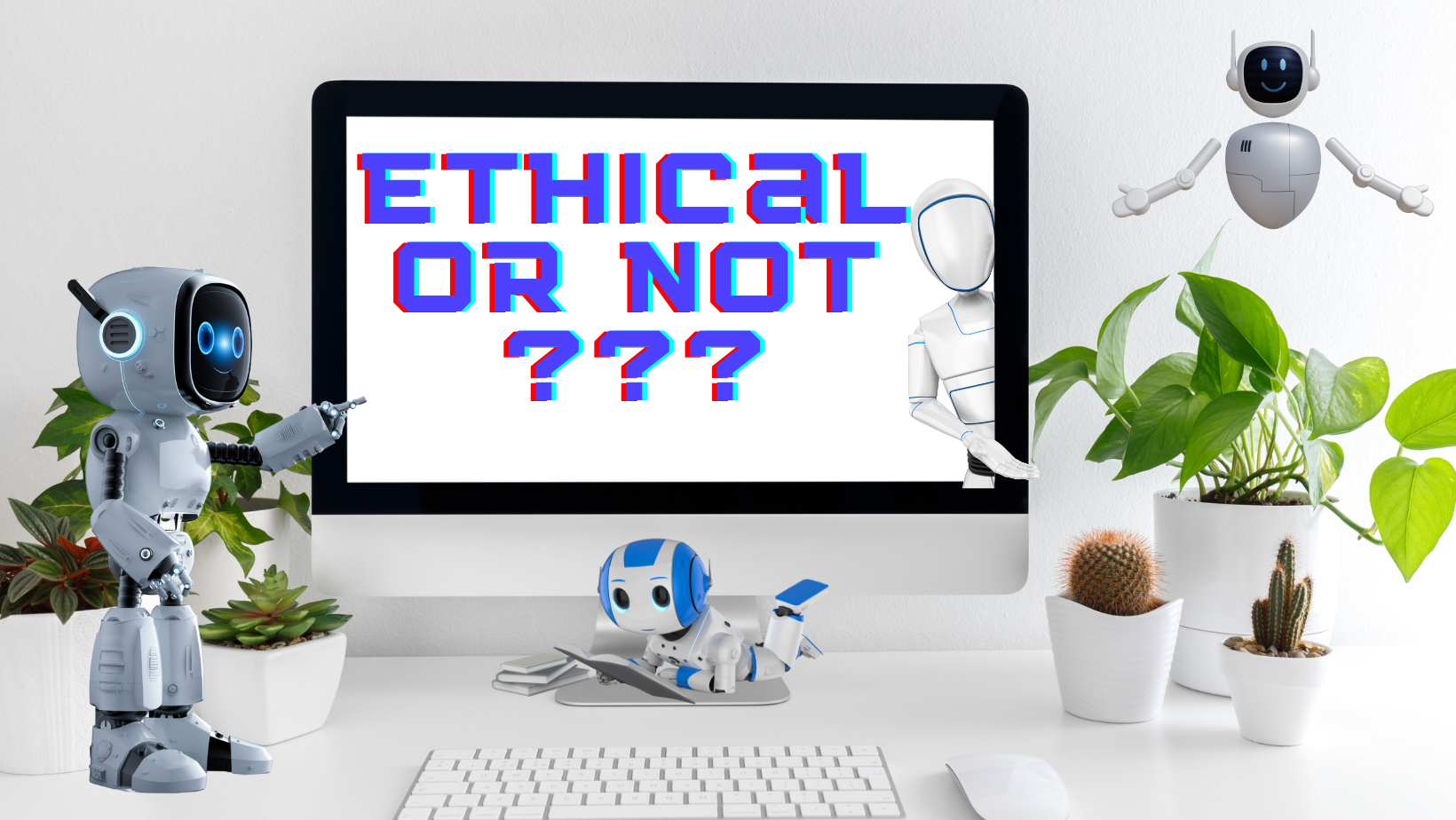


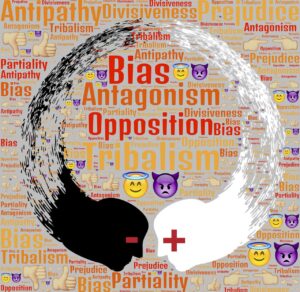
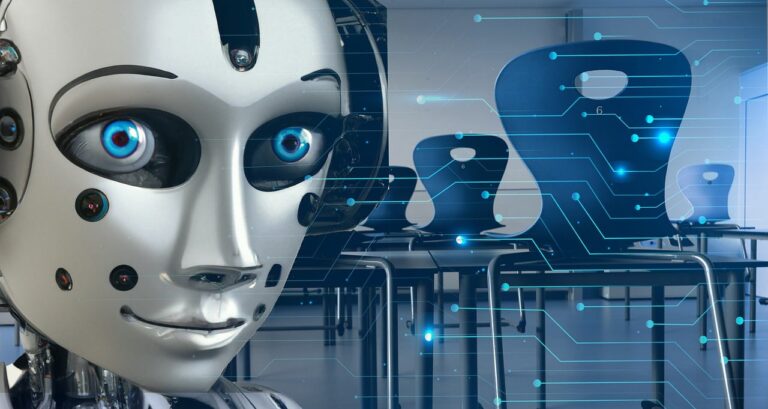

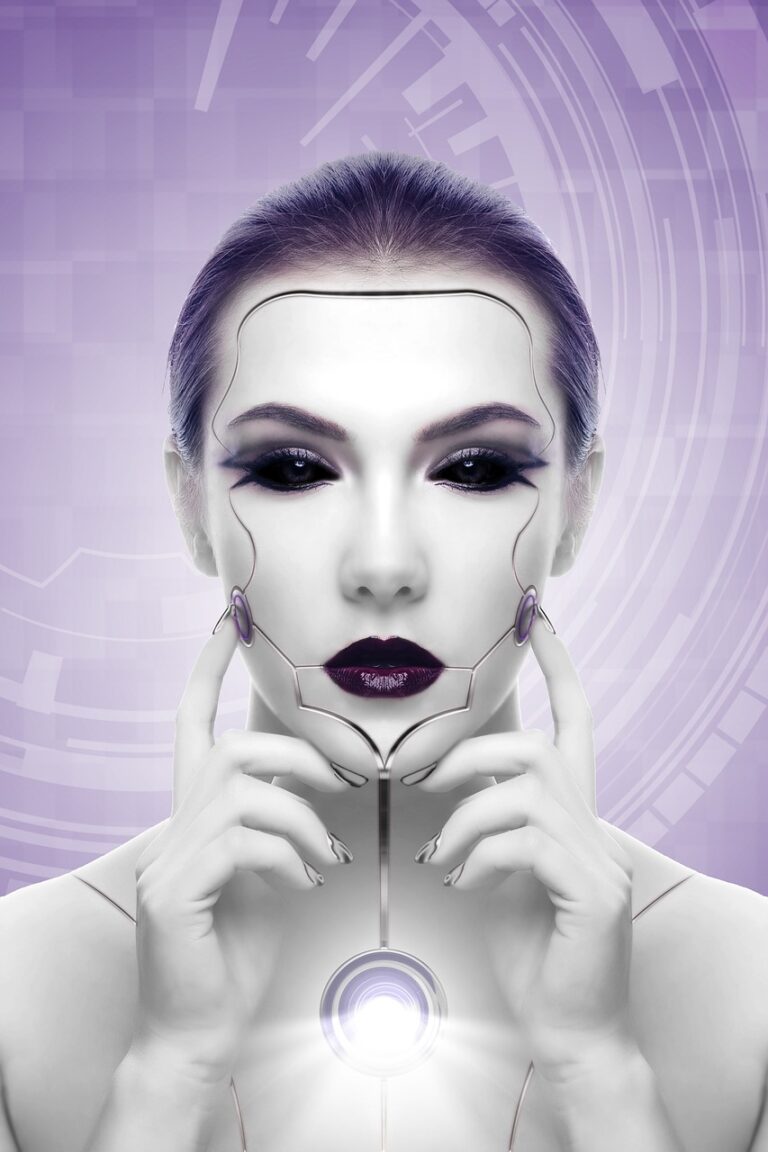
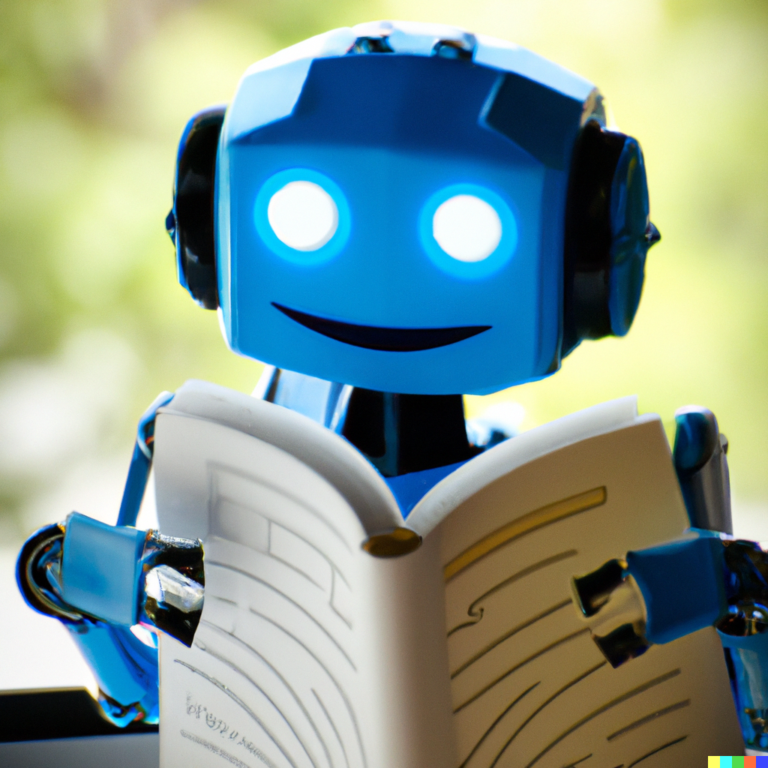


One Comment
Comments are closed.